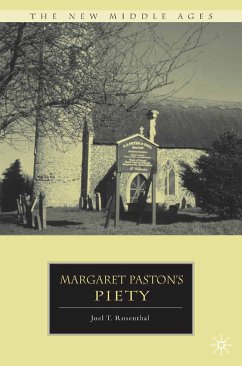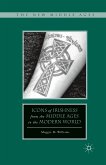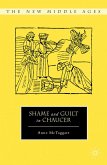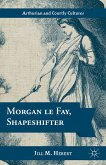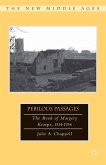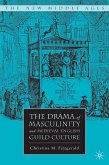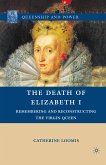Dieser Download kann aus rechtlichen Gründen nur mit Rechnungsadresse in A, B, BG, CY, CZ, D, DK, EW, E, FIN, F, GR, HR, H, IRL, I, LT, L, LR, M, NL, PL, P, R, S, SLO, SK ausgeliefert werden.
"This very readable book by a master historian at the top of his game explores the famous fifteenth-century letters of the Pastons, an up-and-coming gentry family in East Anglia, to assess the nature of the piety of the family s matriarch, Margaret Paston. Through an innovative series of investigations, Joel Rosenthal explores the signs of her piety in the religious feast days referenced in the dates of her letters, the devotional language she employed, the bequests in her will and those of other family members, the religious institutions she patronized, the books she possessed, and religious places and objects she saw. The value of the investigation lies in particular in the ordinariness of Margaret s piety, making her far more typical than the female mystics uponwhich scholarship so often focuses. Students and researchers alike will find much to value in this highly readable and accessible volume, which is accompanied by very full and informative notes that add considerable scholarly heft to the lively narrative of the text." - Maryanne Kowaleski, Joseph Fitzpatrick SJ Distinguished Professor of History and Director of Medieval Studies, Fordham University.

